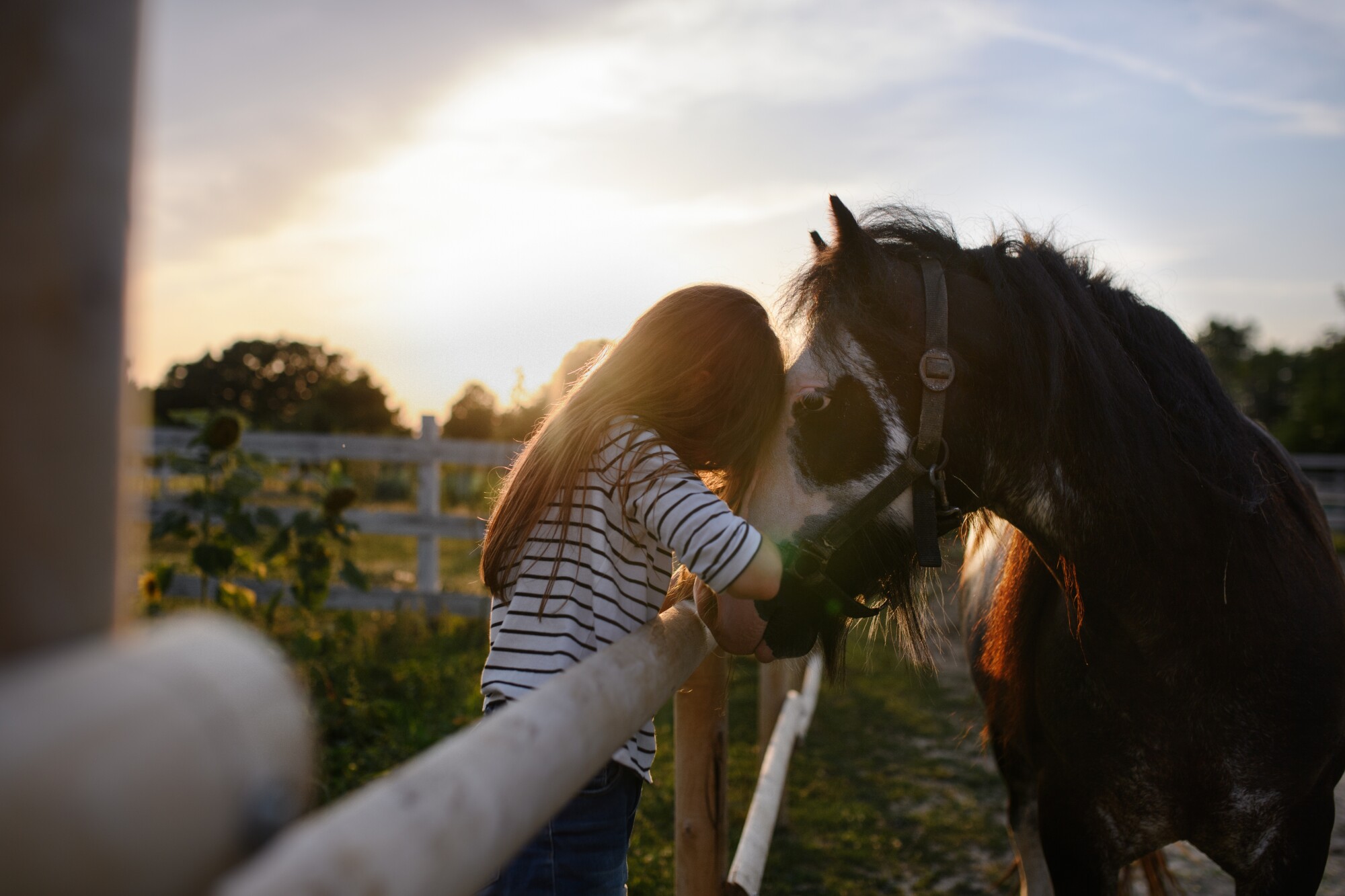Country life is often romanticized and associated with idyllically happy pictures of bringing in the harvest. It seems there is a halo of rose-tinted excellence surrounding all that is “farm fresh.”
Yet, behind every farmyard scene of lolling cows and bread fresh from the oven, some hard-working people know nothing comes free. And if it does come free, then it will surely be unappetizing and dangerous for your health.
Raising farm horses and crops is often like this. You get to enjoy the results of your efforts, but you will probably shed a bucket of sweat at some point on the way to the harvest or bring-in.
If you consider adding horses to your family, you’ll need the right horse tools and knowledge. Learn all about farm horses here.
Suitable Facilities
The facilities you provide for farm horses should prioritize their comfort and safety. Stables or barns should be well-ventilated and designed to protect horses from extreme weather conditions.
They should have adequate space for horses to move around and lie comfortably. The flooring should be nonslip and easy to clean. Additionally, secure fencing is crucial to prevent horses from wandering off or getting injured by external factors.
Adequate Space
Horses are naturally active animals and require ample space to move freely. They need access to turnout areas or pastures to graze, socialize, and engage in natural behaviors.
The size of the pasture or paddock should be appropriate for the number of horses. It should provide enough grazing area and varied terrain for exercise and mental stimulation. Ideally, rotate pastures periodically to prevent overgrazing and maintain healthy vegetation.
Nutritious Diet
A horse’s diet significantly affects its overall health and performance. Forage, such as pasture or hay, is a crucial component of their diet as it provides essential nutrients and promotes proper digestion. Ensure that the pasture or hay is good quality and free from toxic plants.
Work with an equine nutritionist or visit reputable equestrian suppliers like countryandstable.com to access a wide range of high-quality horse feed options that can support your horses’ dietary requirements.
Regular Veterinary Care
Training horses need to see the vet regularly to stay healthy and happy. Set up a relationship with a trained veterinarian who can give regular vaccinations to protect against diseases, check the teeth regularly and “float” (remove sharp edges) them, and do general health checks. They can also advise on how to get rid of parasites and give the right treatments to get rid of them. When animals get hurt or sick, they must see a vet immediately.
Farrier Services
Proper hoof care is essential for the comfort and soundness of farm horses. Regular visits from a skilled farrier are necessary to trim hooves, balance the foot, and apply horseshoes when needed.
The farrier ensures that the hooves are maintained at the correct length, reducing the risk of lameness and promoting proper movement. To prevent further complications, they can also address specific hoof issues, such as cracked hooves or imbalances.
Unlock the True Essence of Farm Horses
Raising and training farm horses is a labor of love, but its benefits are priceless. An owner needs time, dedication, patience, and knowledge of basic horse care and riding skills to be successful.
Having the best bond with one of the most beautiful and majestic animals in the world also takes constant training. You will have happy, healthy horses with the proper care and know-how. Start today on your farm horse journey!
Did you find the information in this article helpful? If so, be sure to check out our blog for more valuable resources.






